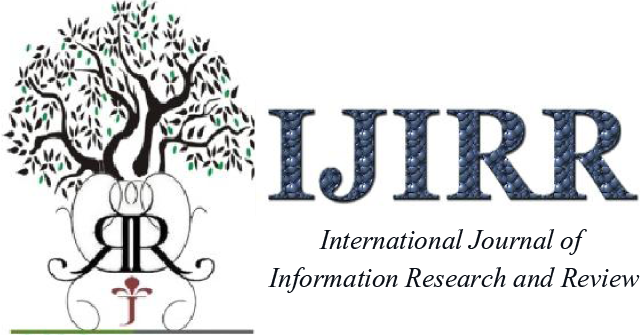Editorial
Volume 1 Issue 5 - 2018
Emphasizing the Contribution of Infectious Pathogenic Agents to the Diagnosis of Conjunctival Carcinomas
Temple University, United States
*Corresponding Author: Kenneth Simbiri, Temple University, United States.
Received: January 08, 2018; Published: January 30, 2018
Reports show that viruses and other microorganisms currently cause 20% of the human cancers in developed countries, while in developing countries it is over 30%. The course from pathogenic infection to tumor initiation is slow and may take years after primary infection. These infections may additionally involve epigenetic events and host factors, such as immunosuppression, somatic mutations, and genetic predisposition.
Currently we have no vaccines for cancers of the eye, nor do we have effective therapeutic agents for these cancers. We have gaps that are a result of inadequate understanding of the basic biology, natural history, epidemiology of many of the pathogens that cause ocular cancers, the mechanisms they exploit to cause the cancers, and how to interrupt progression to the cancer in human populations. Early diagnosis or identification of lesions at high risk of progression represent the current most critical research area of the field supported by recent advances in genomics and proteomics technologies. Studies on pathogen-related cancers including some ocular cancers will lead to the identification of mechanisms relevant to oncogenesis as well as molecular markers for diagnostic/prognostic methods and targets for therapeutic strategies. Moreover the relevance of the molecular markers is their ability to inform on preventive strategies, which are always cost-effective and can usually be implemented with relatively modest investments.
Ophthalmology and Vision Science (OPVS) is contributing to and accelerating the discovery not only of novel pathogens, but also of genetic predisposition as the genetic make-up of organisms and individuals is unraveled. The hunt for molecular signatures of ocular cancer causation, maintenance, and metastasis promises new ways to practice precision medicine and public health. It is an accepted notion that the current explosion of knowledge in tumor genomics, tumor biology, targeted therapies, gene-environment interactions, immunology and immunotherapy needs a space for robust and vigorous debate that is provided by OPVS.
The open access policy of OPVSrepresents a key component in the broad efforts to foster, accelerate, and reduce disparity in access to scientific information by students, scientists, public health authorities, and policy professionals worldwide. Significantly OPVS is a peer-reviewed journal whose goal is to reach basic science researchers and clinicians in the ocular field with the most current innovations and findings pertinent to their practice.
Citation:
Kenneth Simbiri. “Emphasizing the Contribution of Infectious Pathogenic Agents to the Diagnosis of Conjunctival Carcinomas”.
Ophthalmology and Vision Science 1.5 (2018): 186-187.
Copyright: © 2018 Kenneth Simbiri. This is an open-access article distributed under the terms of the Creative Commons Attribution License, which permits unrestricted use, distribution, and reproduction in any medium, provided the original author and source are credited.



































 Scientia Ricerca is licensed and content of this site is available under a Creative Commons Attribution 4.0 International License.
Scientia Ricerca is licensed and content of this site is available under a Creative Commons Attribution 4.0 International License.